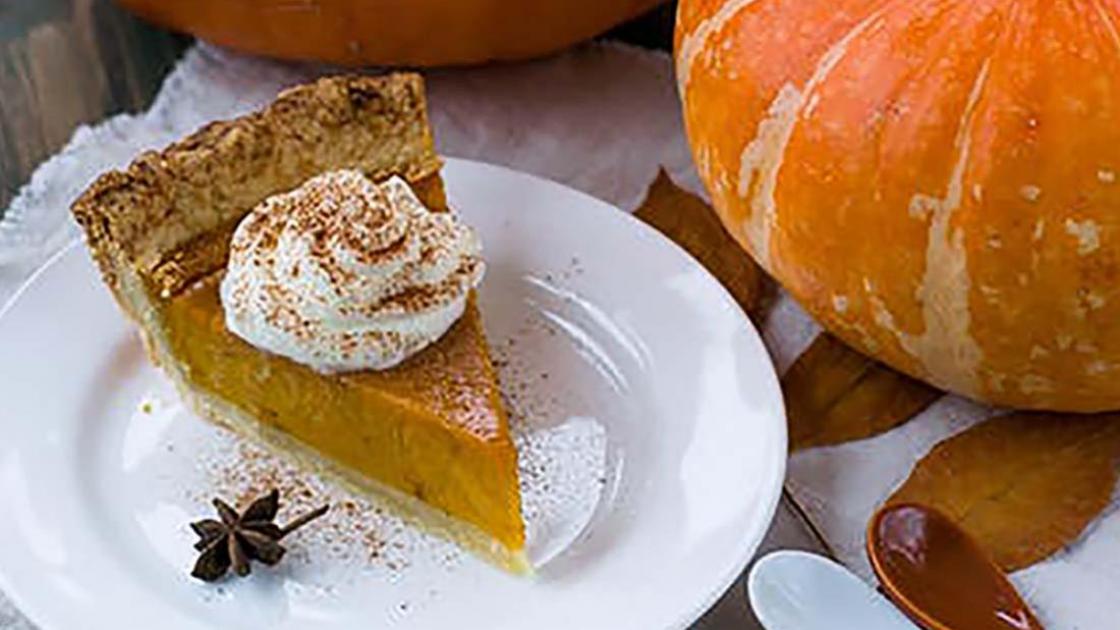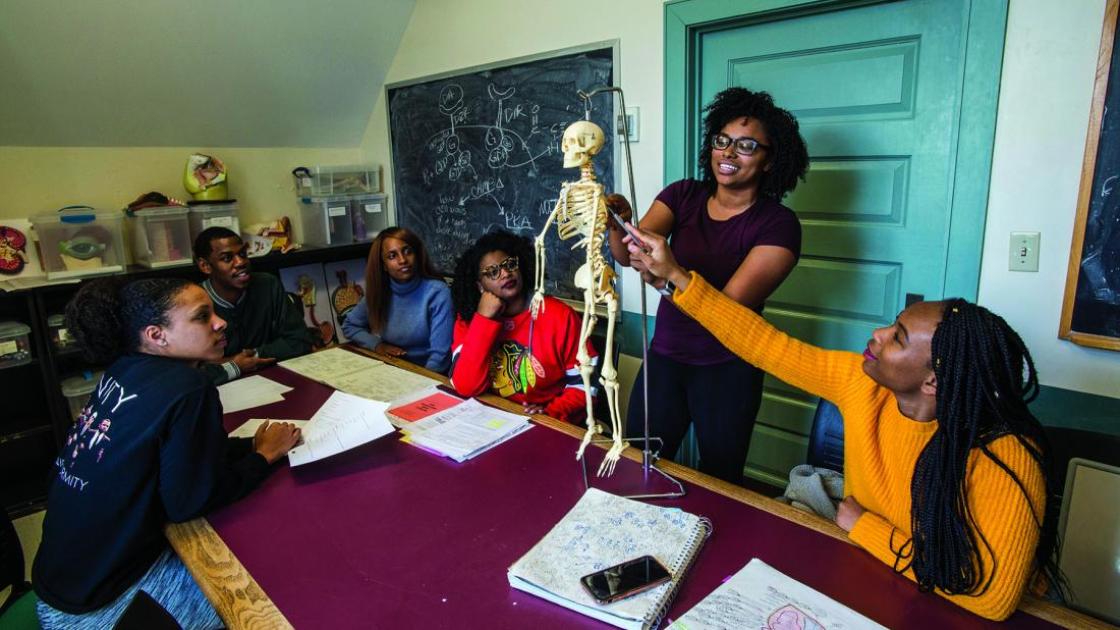
A Registered Dietician's Guide to a Gluten-Free Thanksgiving
This Turkey Day, give thanks for gluten-free alternatives and a little creative thinking. Just because you have celiac disease or non-celiac gluten intolerance doesn’t mean you should have to sacrifice your favorite traditional Thanksgiving meals. SIU Medicine’s Sibyl Cox, a registered dietician specializing in pediatric gastroenterology and nutrition, offers her favorite tips for keeping your tummy content this holiday season:
Tip #1: Pass on the stuffed turkeys.
Some turkey brines or marinades as well as injections can contain gluten, so making sure the bird is gluten-free is important. Butterball reports its fresh and frozen turkeys are gluten-free. Look for free-range or organic turkeys as an option.
Tip #2: Use gluten-free flour to thicken gravy.
Use an alternative to wheat flour, such as the gluten-free flours or cornstarch that you already use in baking.
Tip #3: Use gluten-free bread and broth to make stuffing.
Replace gluten-containing bread with your favorite gluten-free bread. Be sure any broth used to make the stuffing is also gluten-free. Or, try a gluten-free cornbread mix like Bob's Red Mill and make a cornbread stuffing.
Tip #4: Whip up casseroles & vegetable dishes with gluten-free, cream soups.
Your gluten-free cornbread mix can be used to make corn casserole. Del Monte advertises its creamed corn is gluten-free, but always read labels. Gluten-free, cream soups can be used to make green bean casserole. Also, casseroles can be topped with crushed up potato chips for crunch instead of bread crumbs. Opt for an easy veggie dish by roasting your vegetables with olive oil, salt and pepper, and then you don't have to worry about gluten at all.
Tip #5: Choose frozen, gluten-free crusts for dessert.
Gluten-free flour blends can be used to make a pie, or you can purchase a frozen gluten-free pie crust. Another option is using gluten-free graham crackers for a graham cracker crust. Or simply go crustless; pumpkin pie is delicious this way as well.
Tip #6: Avoid cross-contamination.
To avoid confusion, separate and label gluten-free options. Use separate utensils for these foods and explain that a utensil used in gluten-free food cannot be used in another food, including things like crackers. Even placing a gluten-containing roll on a plate can result in cross-contamination for those who need to eat gluten-free.
Tip #7: Make family aware.
Consider hosting Thanksgiving, and let your guests bring flowers, drinks, table settings or other needed items. Or, offer to help whoever is cooking so that they’ll feel more comfortable with making gluten-free foods, and you’ll feel more comfortable eating them. Let friends and family know that many foods they may not be aware, including cheeses, soups, soy sauce, gravies, seasoning packets and broths, can contain gluten.
Also, take a moment to inform them about cross contamination and ask that if they are going to make a gluten-free food to be sure to do this before making other foods. Offer to bring your favorite gluten-free food so you know you will have something to eat. This is a great time to educate people about celiac disease and gluten.
Happy Thanksgiving from SIU Medicine.



